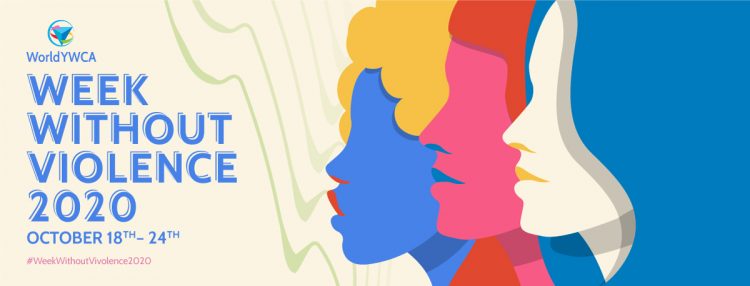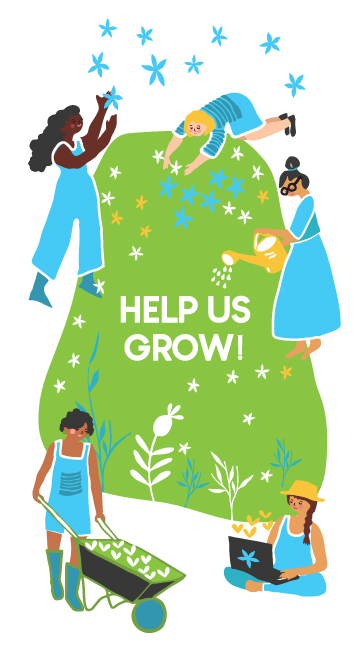Week Without Violence is a World YWCA campaign celebrated each year to reflect on the magnitude and the strides taken within the movement to address violence against women, young women and girls. Violence against women is still a global problem of epidemic proportions which has further being magnified by the current COVID-19 pandemic. As part of the strategies to curb the disease, one of the directives from World Health Organization was to stay at home therefore most of our events this year were designed to be conducted online.
As we planned and executed the activities for this annual campaign, one of the central activities was to focus on social isolation scenarios caused by the new virus and how it has affected the prevalence of violence against women, young women and girls. We let our imagination explore the endless possibilities and freedom that await every woman, young women and girl in this world and let that imagination and the understanding of the current reality drive us towards advocating for safety, security and freedom from violence for all women, young women and girls. The toolkit that was shared with the YWCAs, global advocacy groups and our partners included not only the key content on how COVID-19 has further worsened the situation of GBV around the world, but also suggestion on how organisations could participate and collaborate with other local organisations, groups, media and young leaders even during the COVID-19 safety protocols- like the World YWCA Virtual Safe Space model.
The week started with this imagination and motivation with the awareness of the anxieties we have suppressed. World YWCA Secretary General, Casey Harden shared her thoughts through a blog post marking the official launch of the campaign, the key message being, ‘let us change the story that mothers tell their daughters, that women tell women, together.’ Young women and women from all around the world embraced this message as they moved to conduct week long activities all around the world with national and local YWCAs actively participating to make this a truly global event.
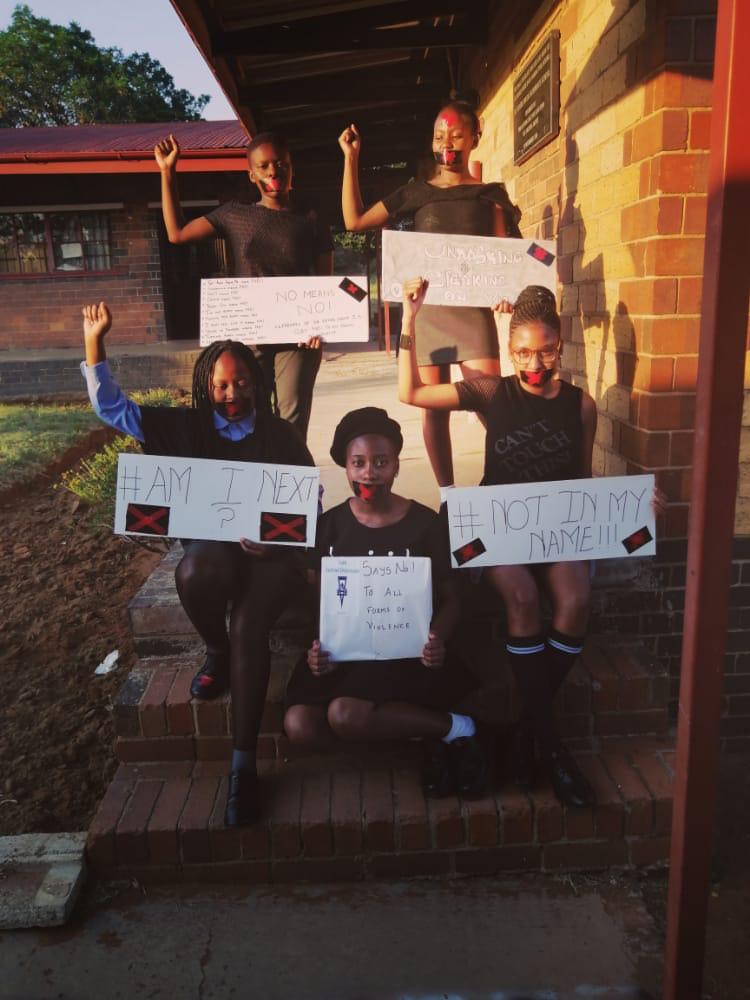
All around the week young women took to social media sharing their assertion on creating a world without violence. Social media was flooded with images and messages of young women sharing their thoughts on freedom from violence. In Zimbabwe, young women took on with Week without Violence message imprinted on their t-shirts and making a statement that they are tired of living in a world full of violence. Young girls in South Africa raised placards with message of solidarity to all the victims of violence. To further amplify the purpose of the campaign, they highlighted the different forms of violence meted on women, young women and girls in their communities.
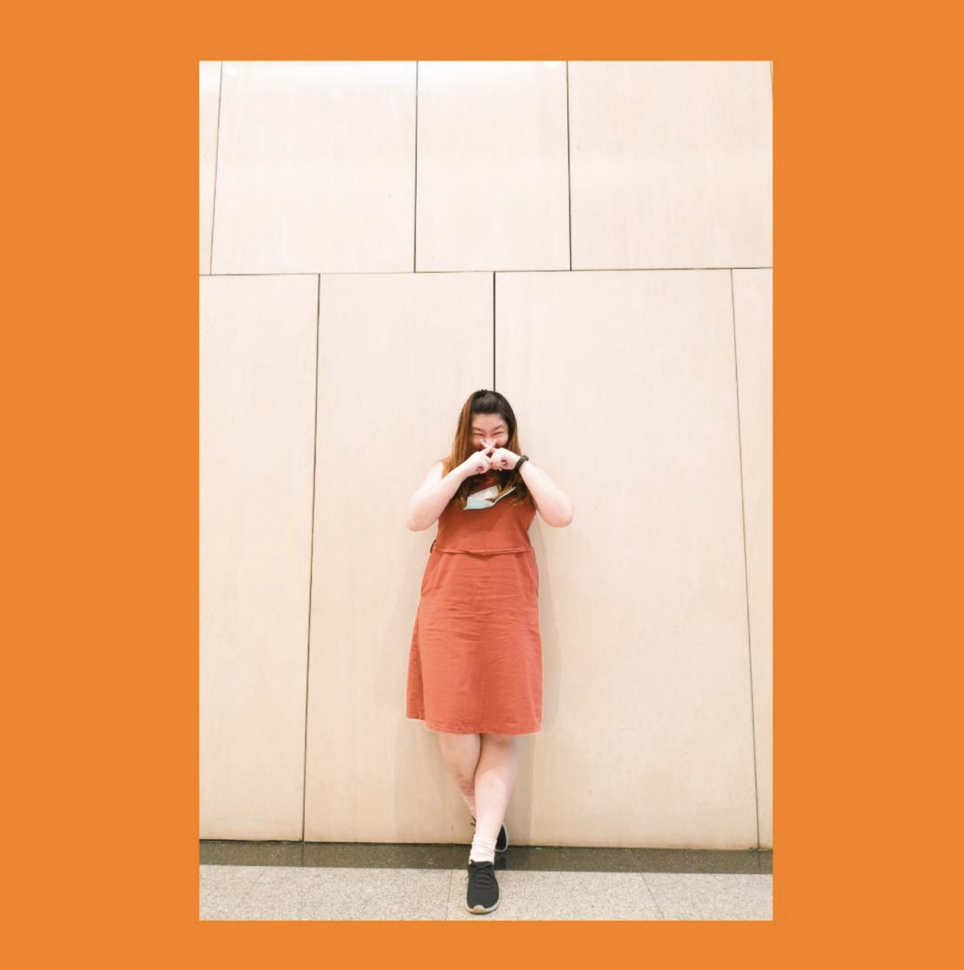
Each year, 15 million girls are married before the age of 18 years. That is 28 girls every minute. Young women leaders from Asia took the initiative to post a photo every day at 1:28AM and 1:28PM painting social media platforms orange to signify their commitment in eliminate child marriage and all forms of violence. National and local branches of YWCA in Kenya customised the social media images shared by World YWCA, contextualising the information for their region and communities and spreading the messages on different forms of violence against women.
Technology has made it possible to meaningfully engage despite the existing barriers to physical interaction as a result of the pandemic. Young women from World YWCA were invited to be part of the #SayftyChat on Twitter. Through a five part Q&A it was evident that the current pandemic has magnified key problems women, young women and girls continue to face in a world that reminds them they are not safe. One of the questions shared with the audience was, ‘what is the impact of COVID-19 and girl’s education on gender based violence?’ A pertinent question that needs to be addressed immediately as many girls are in the verge of dropping out of school due to early pregnancy. To contribute to the discussion @genderatwork stated, School used to be a gate-away from abusive families and discriminatory homes. The closing of schools have made girls much more susceptible to violence and abuse. The engagement on twitter provided the opportunity for people from diverse backgrounds to share their lived experience but most importantly strengthen the social ties that may seem nonexistence due to social distance.
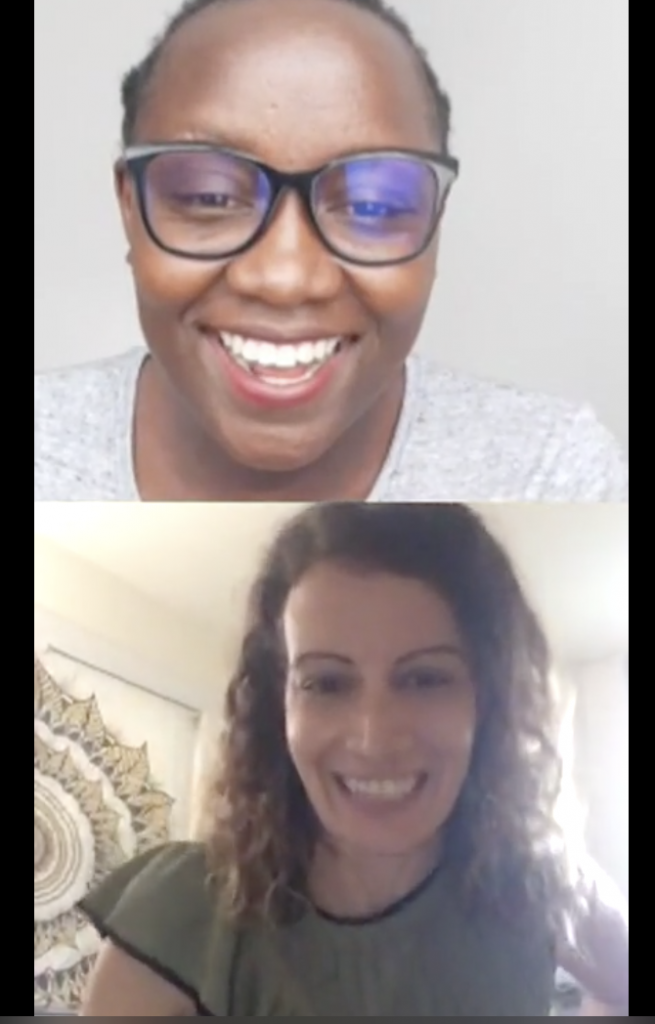
With the spirit of soul sisters embedded within our movement two young women from Kenya and Armenia welcomed us to their world through an Instagram Live as they discussed their personal journey towards healing and restoration, their first-hand experience of violence against women and girls in a war torn country. As we reached the peak of the campaign it was evident that we don’t fully heal from the violence meted on us rather we strive to make the world a better place for younger women and girls through inclining on the spirit of sisterhood the YWCA movement accords us.
As we moved towards the tail end of the campaign, four young leaders from Kenya, India, Canada and Sudan graced our sixth #YoungWomenLeaders virtual panel to discuss, “Staying Home Doesn’t Mean Staying Safe from Violence.” Whereas home is supposed to be a safe haven for women and girls, it has become a place of insecurity, intimate partner violence, sexual assault and in worst case a place for death for many women, especially during COVID-19. Hence begging the question where is home and is there a place in this entire world that women can feel entirely safe and confidently say they are at home?
On Friday, Rev. Dr. Mikie A. Roberts, from the World Council of Churches reflected and shared the week without violence message, reminding the larger global movements the importance of not letting stigma affect us. He shared,
“It takes courage to decide not to allow oneself to wear the ‘stigma’ attired that the society has decided fits the victims of violence. To shake that off is to go against the grain. In doing so it also means that one chooses not to carry the accompanying weight of shame.”
During the campaign week we also highlighted the different forms of violence that happen on digital spaces. Women around the world report being bombarded by the culture of misogyny online including aggressive often sexualized hate speech. We officially closed the campaign by holding a virtual safe space with the theme, “Digital Safety and Cyber Abuse.” Young women from different regions shared tools and tips on how to be safe online and stories of how they have suffered as a result of cyber abuse. Since our end goal is to continue to fight the structural systems that upholds violence against women we promised to hold space for each other and take time to rejuvenate as movement building and advocacy work could drain all our energies and efforts.
To emphasize on the purpose of the campaign and share key reflections from the week’s activities, Namrata a young woman lead from India said, “My confidence to build a community and interact with an army of volunteers has been the most impactful learning of this entire campaign.” The message was entirely endorsed by Rajina another young woman lead from Nepal when she said, “the most impressive thing is girls across the globe were standing for a specific cause with the same voice through social media channels, in a nutshell this campaign has made me learn about the sense of fraternity and compassion to a the greater extent.” Throughout the week YWCAs, partners, stakeholders, and women, young women and girls from all around the world reinforced our messages virtually and on ground.
World YWCA believes that all women, young women, and girls should have the right to be safe and live free from fear and violence in all its forms, and that addressing violence against women and girls must be a priority for all. We strive to mobilize women’s transformative leadership to end violence against women and girls, once and for all, through local, national, regional, and international advocacy efforts, education programs, resilience work, and support services.
As we strive to create that world download the World YWCA Week without Violence 2020 toolkit, funded by Norwegian Church Aid , and implement the advocacy strategies to meet your country and community specific needs throughout the year. Advocacy for a world free from violence doesn’t stop. Our work continues.

